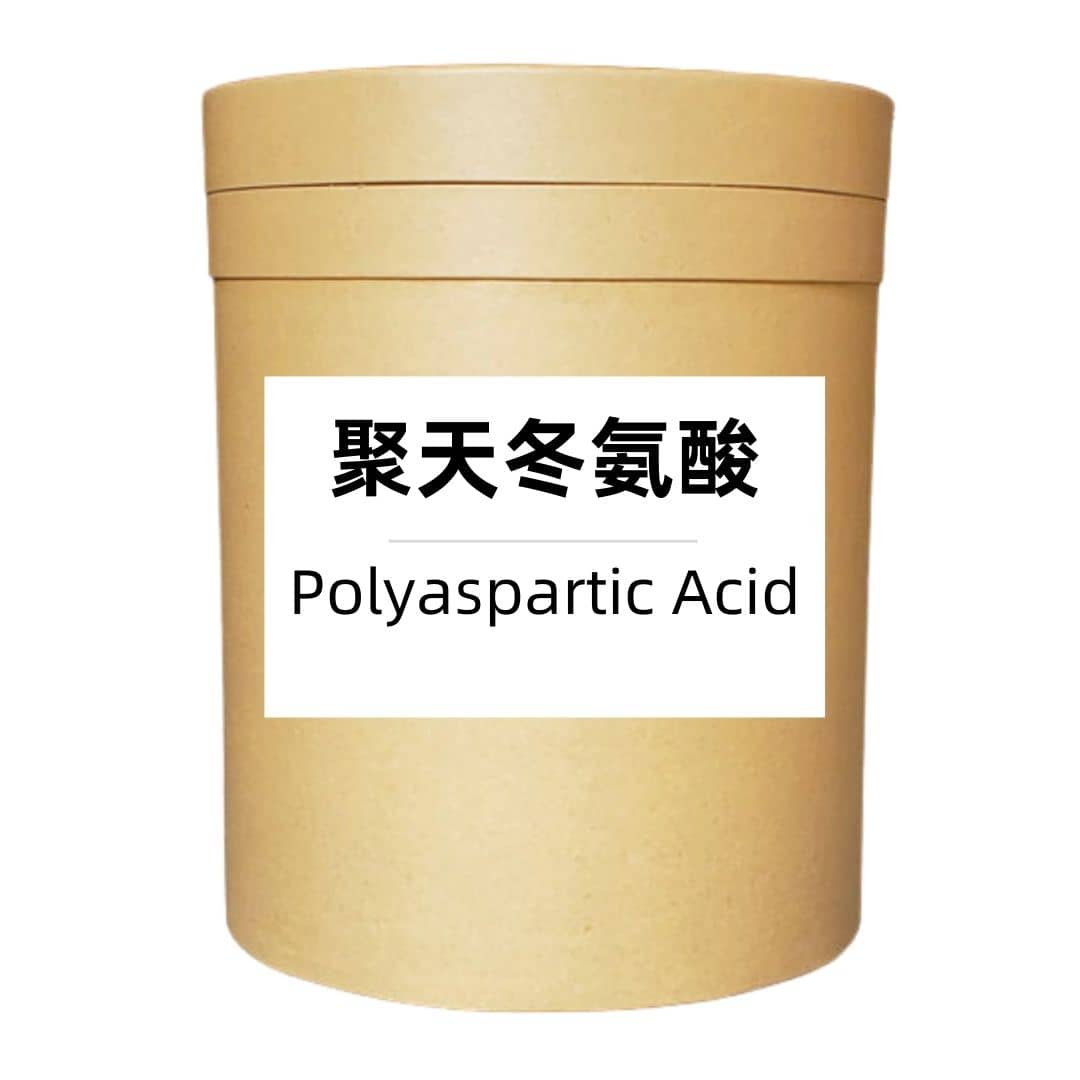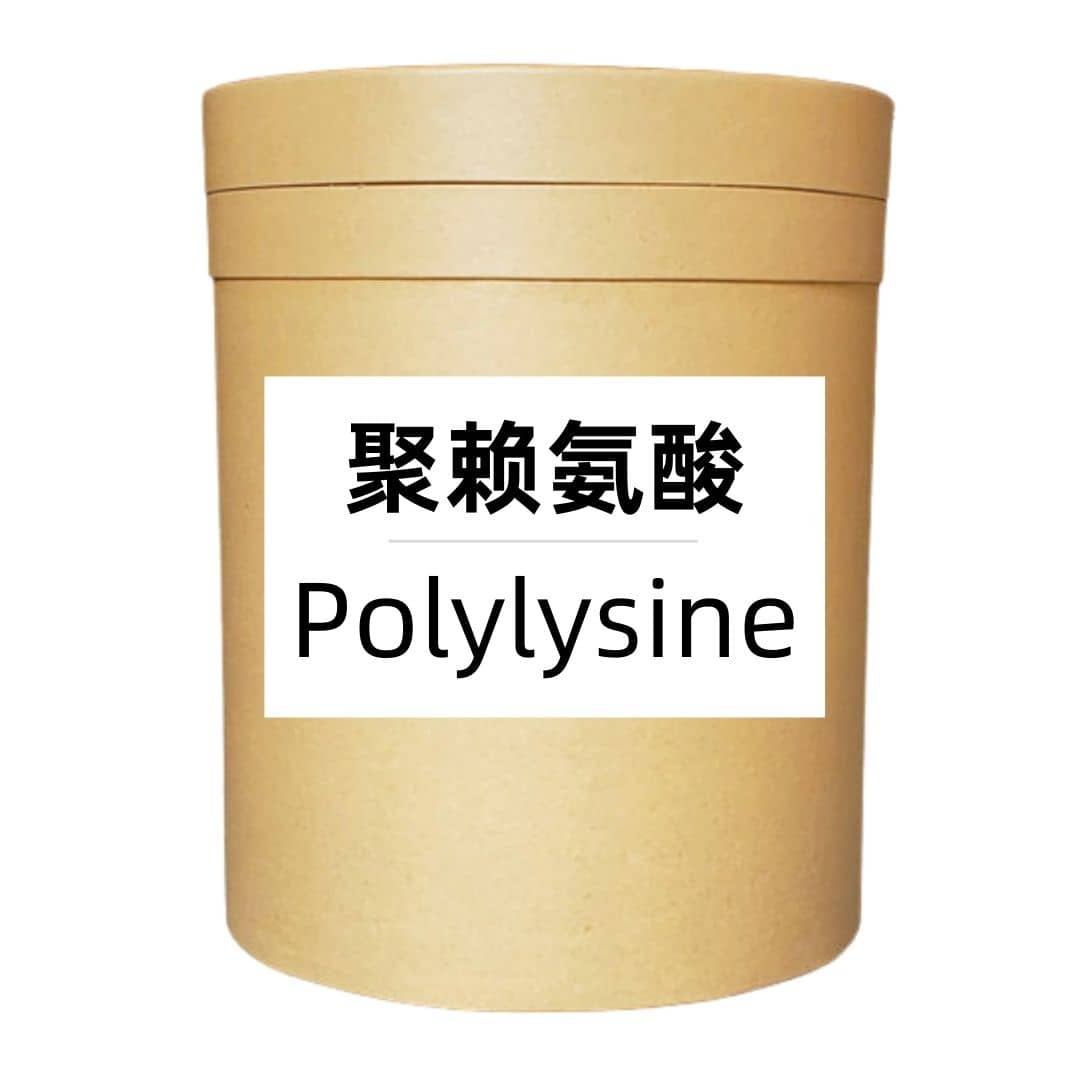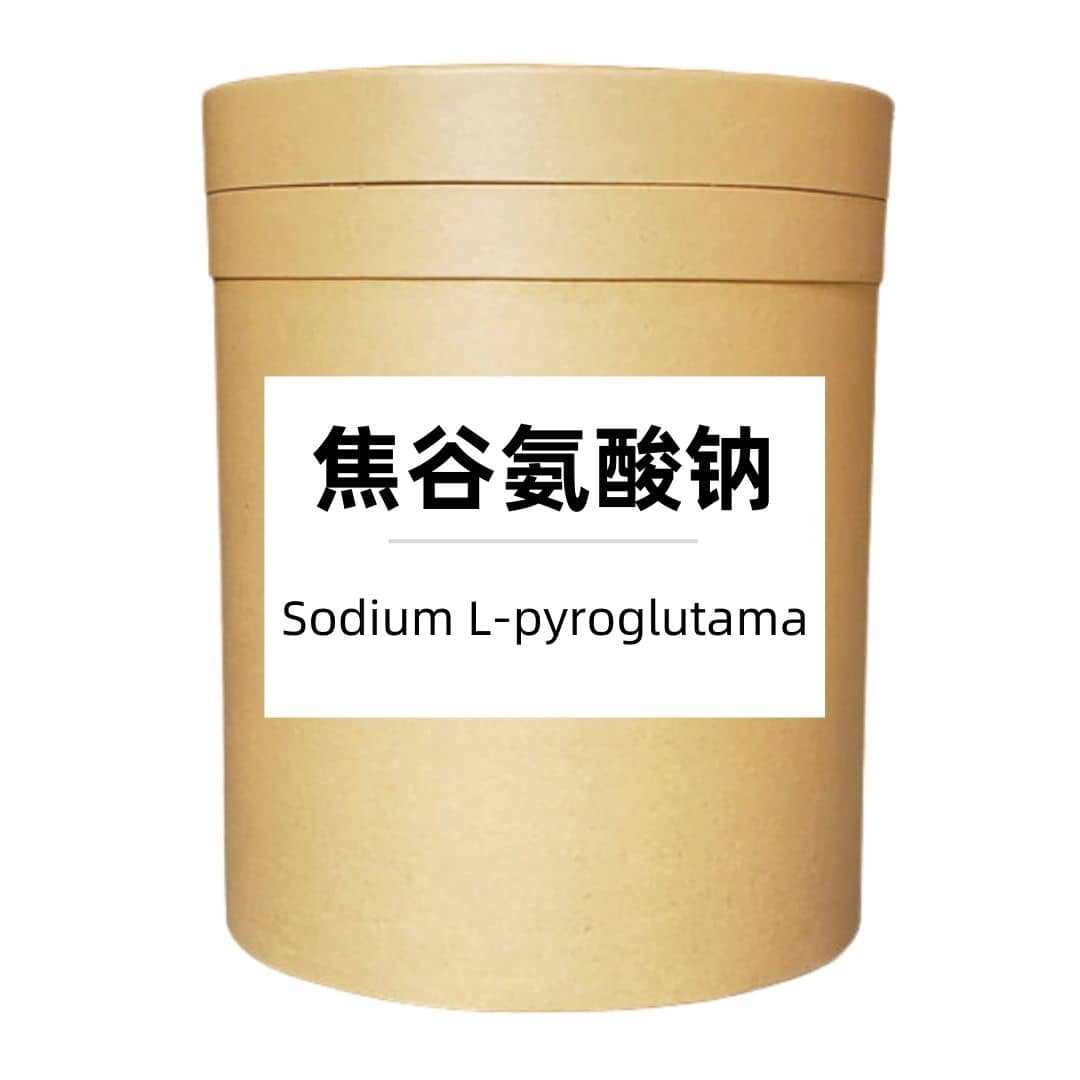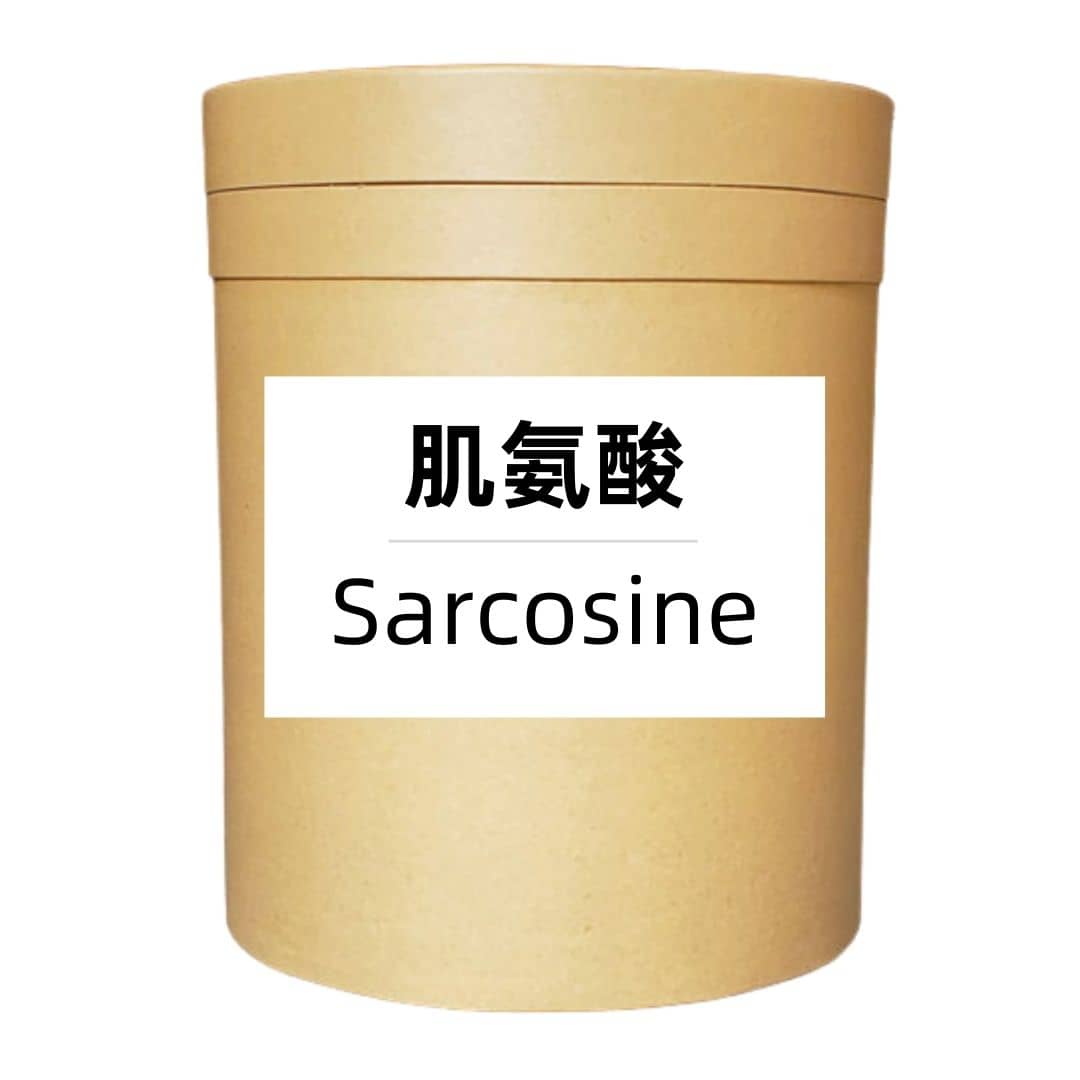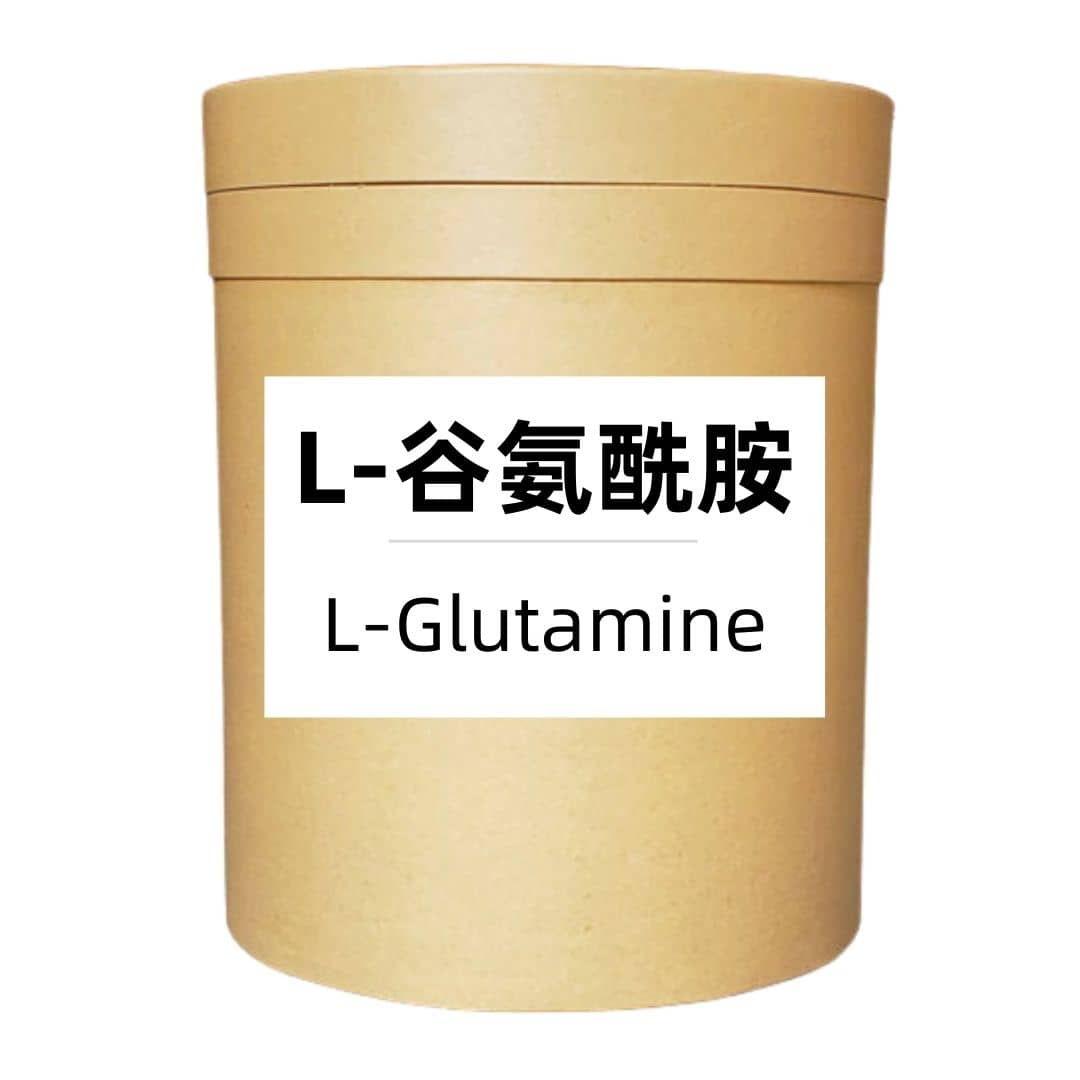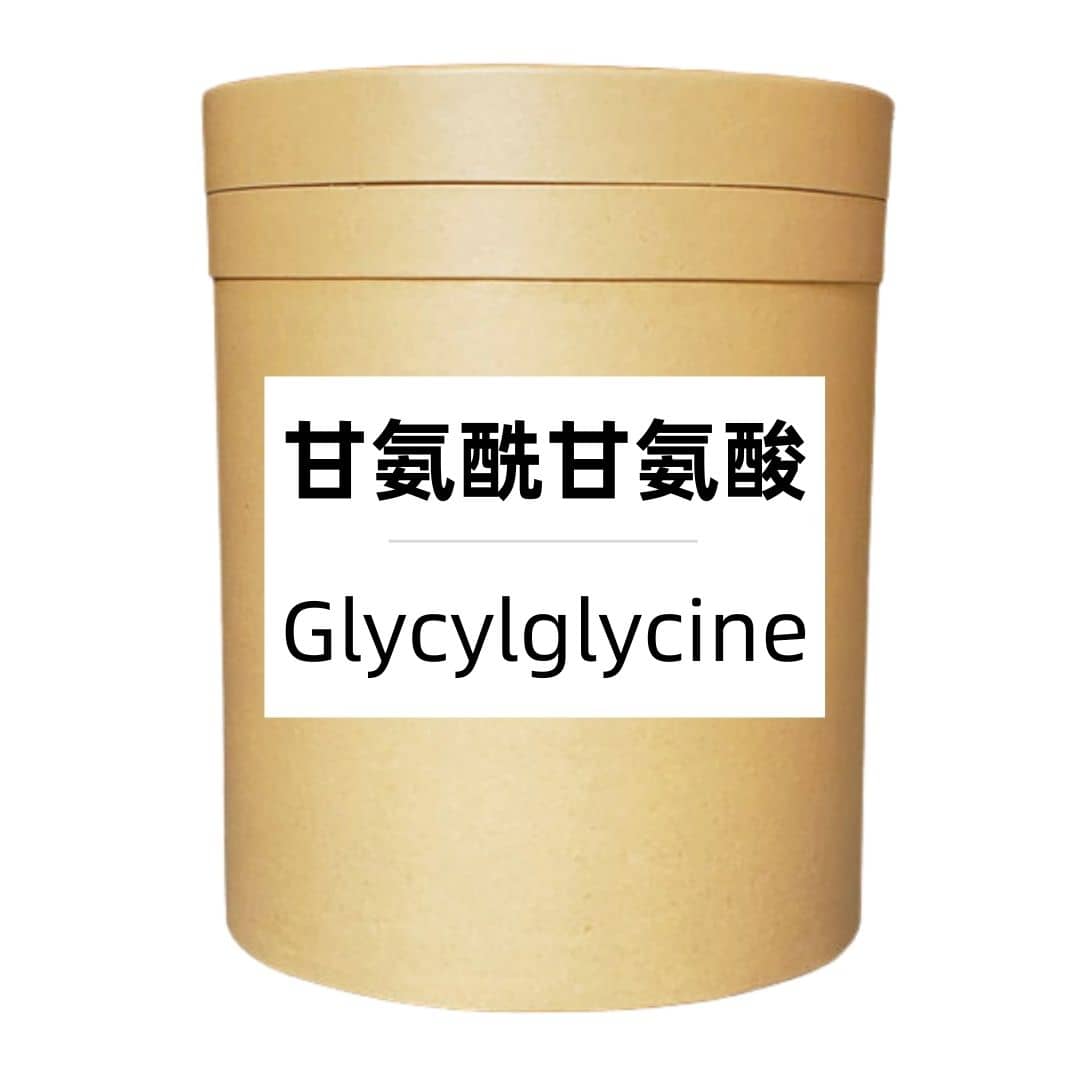Product Description
Threonine is an essential amino acid widely used in food additives and cosmetic raw materials. As a component of proteins, it possesses unique chemical properties and biological activity. The side chain of threonine contains a sulfur atom, allowing it to form disulfide bonds—a feature not found in other amino acids.
Threonine serves several vital physiological functions in the body. First, it is involved in the structure and function of various proteins, such as keratin. Additionally, it has antioxidant and detoxifying effects, protecting cells from free radical damage. Threonine also plays a role in numerous redox reactions and biosynthesis processes.
Production Process
The production of threonine primarily involves two steps: synthesizing acrylic acid via synthetic or fermentation methods, followed by reacting it with ammonia to produce threonine.
- AcrylicAcid Synthesis: Acrylic acid can be prepared through the catalytic oxidation of propylene or hydrolysis of acrylonitrile. This step requires precise control of reaction conditions to ensure high yield and purity of acrylic acid.
- Threonine Synthesis: Acrylic acid reacts with ammonia under acidic conditions to produce threonine. The reaction requires careful control of temperature, pressure, and pH to achieve a high yield and purity of threonine.
Quality control is essential throughout production. Manufacturers need to rigorously select and inspect raw materials to ensure they meet quality standards. Various separation, purification, and crystallization processes are also necessary to obtain high-purity threonine. Compliance with relevant regulations and guidelines is mandatory to ensure product safety and quality.
Benefits and Functions
Threonine has many applications and functions in food additives and cosmetic ingredients.
In food additives, threonine acts as an antioxidant and food thickener. It helps inhibit oxidation reactions in food, extending shelf life, while enhancing the taste and texture of food products.
In cosmetic ingredients, threonine provides moisturizing, antioxidant, and skin-repairing benefits. It increases skin moisture, improving dry and rough skin. Additionally, threonine protects against free radical damage, helping to reduce signs of skin aging.
Applications
Threonine is widely used in food and cosmetic industries.
In the food industry, threonine is commonly added to meat products, bread, cookies, and fruit and vegetable products, enhancing texture and preservation. It improves the toughness and chewiness of meat products and adds softness and elasticity to bread and cookies. Threonine also helps preserve fruits and vegetables, preventing oxidation.
In cosmetics, threonine is often used in skincare and hair care products. It enhances moisturization, improves dry and rough skin and hair texture, and combats free radical damage, reducing signs of skin aging.
Packaging and Storage
- Storage Conditions: Store in a sealed, light-protected container, away from high temperatures, in a cool, dry, and well-ventilated area.
- Packaging: Bulk packaging in 25 kg fiber drums, with samples in 1 kg aluminum foil bags; custom packaging available upon request.
- Shipping Method: Courier or logistics; domestic delivery within three days by courier and five days by logistics. Quoted prices typically include domestic shipping costs.
- Shelf Life: Two years
Monica Sun possesses extensive technical expertise and market insights in the food additives industry. She excels in designing efficient and safe additive formulations tailored to various food applications, ranging from sweeteners to functional dietary fibers. Monica has successfully assisted food manufacturers in optimizing ingredient combinations to enhance product quality and improve consumer satisfaction.









